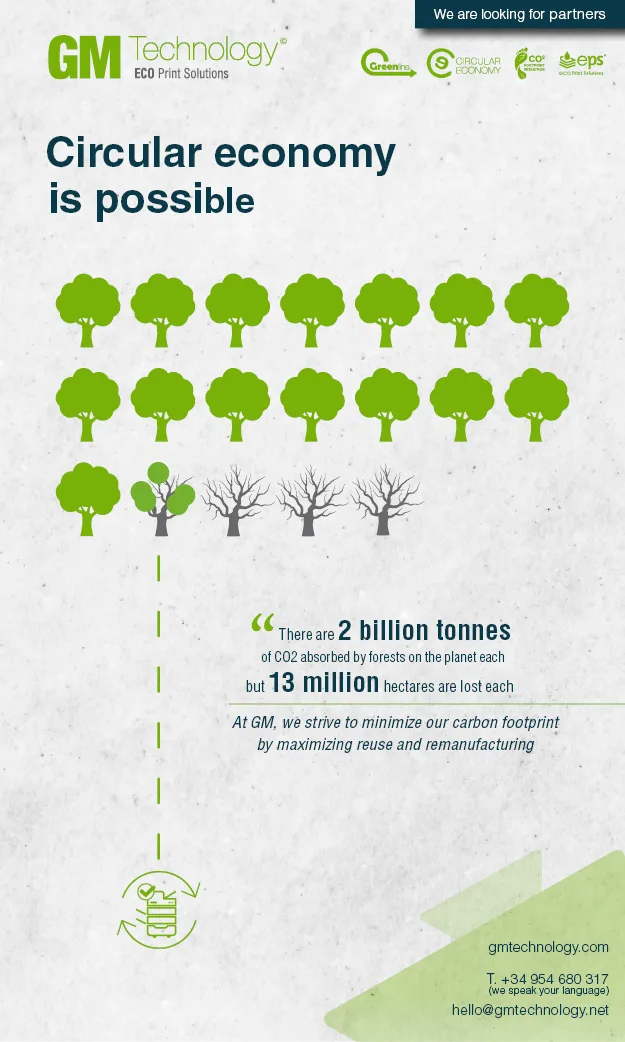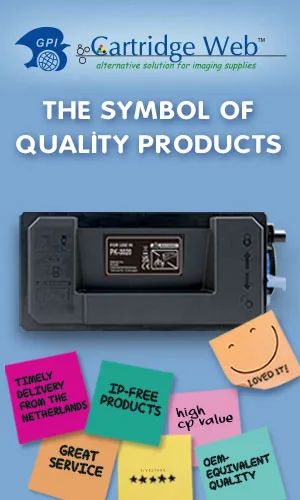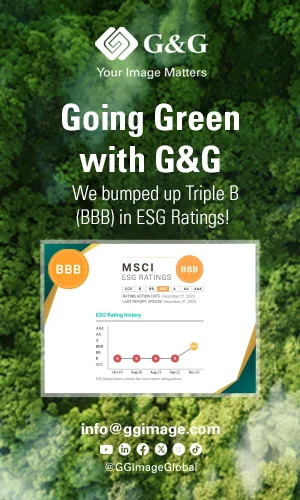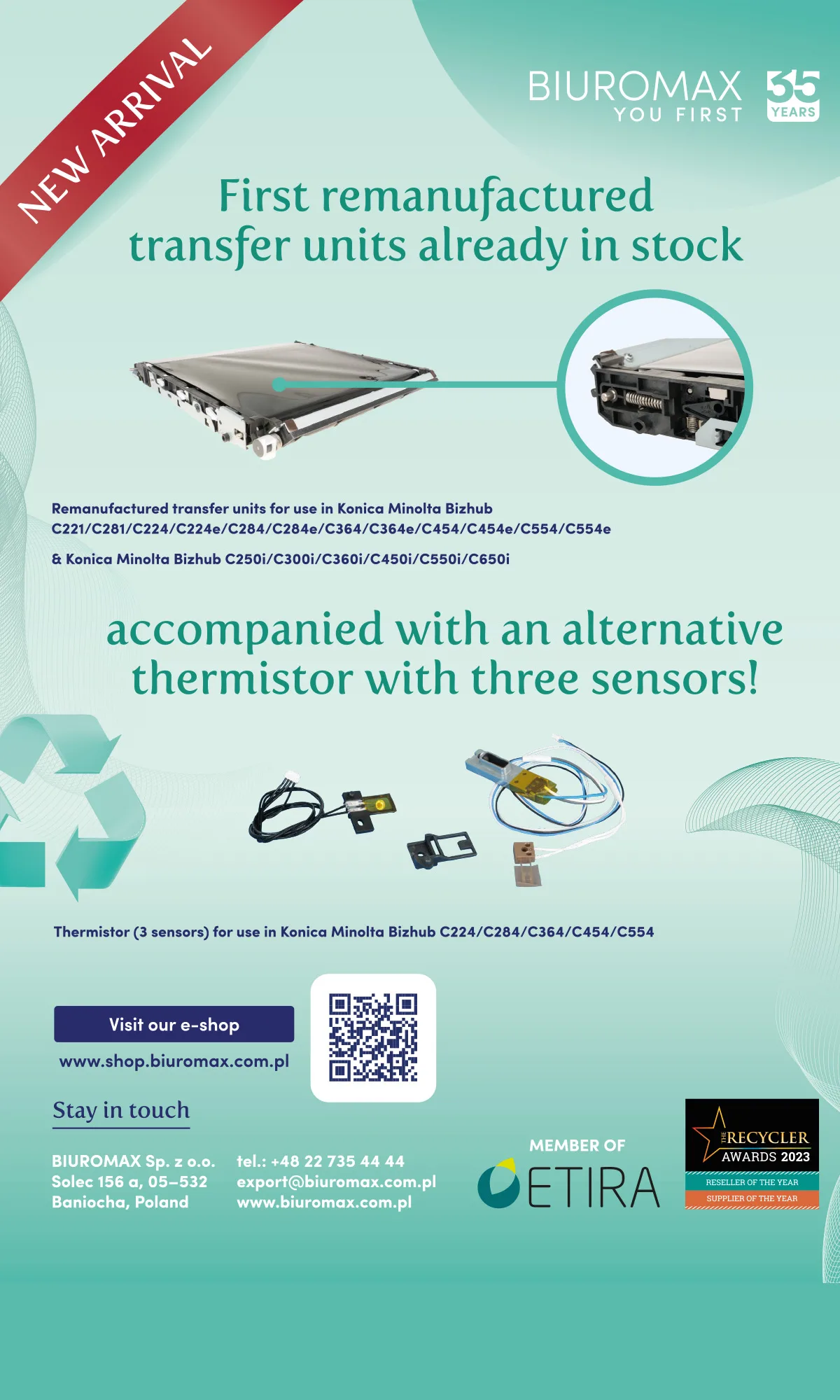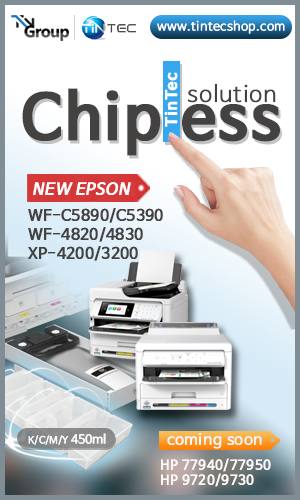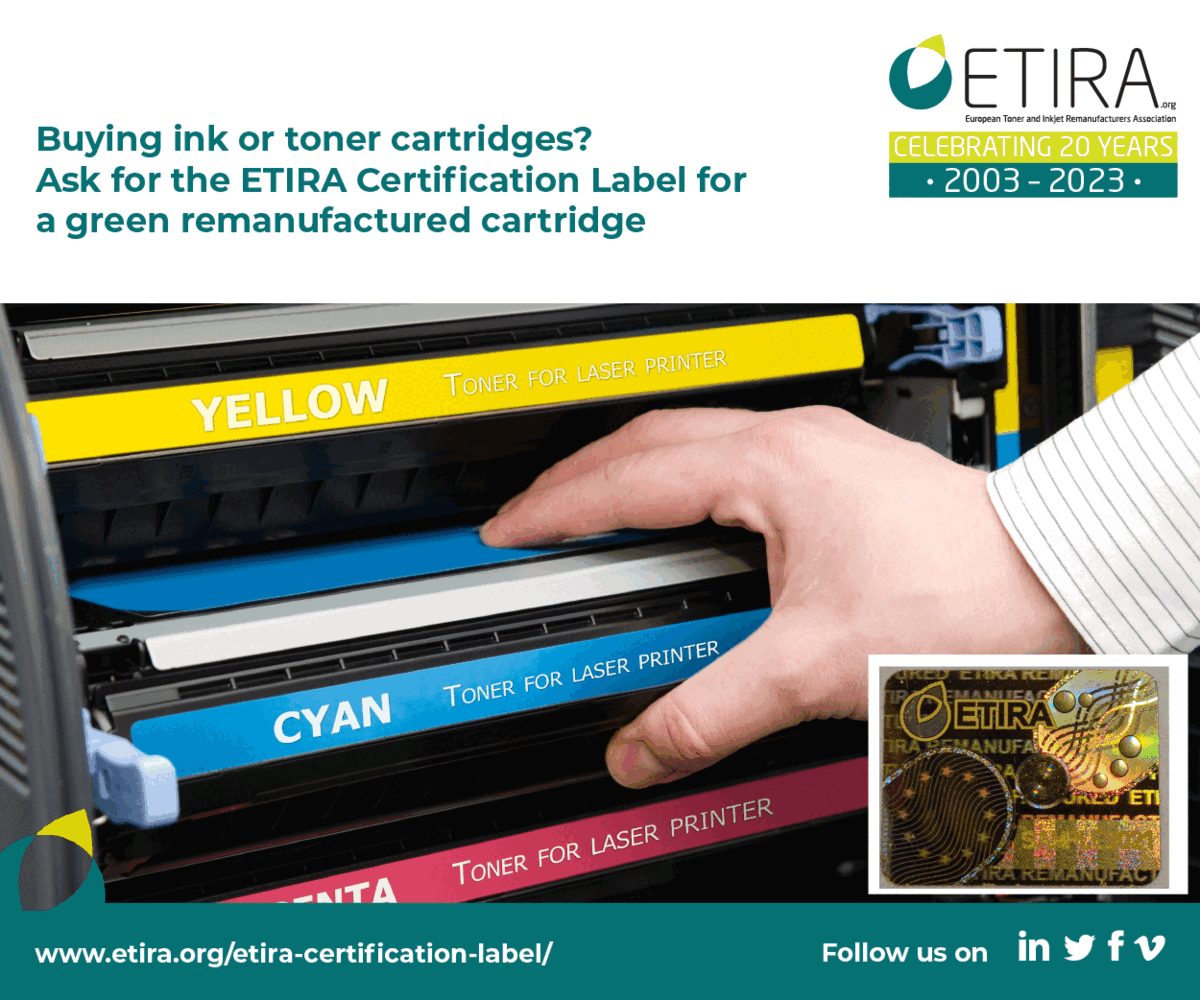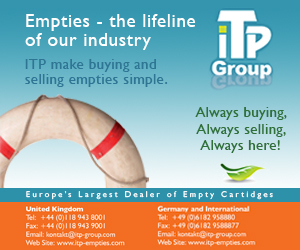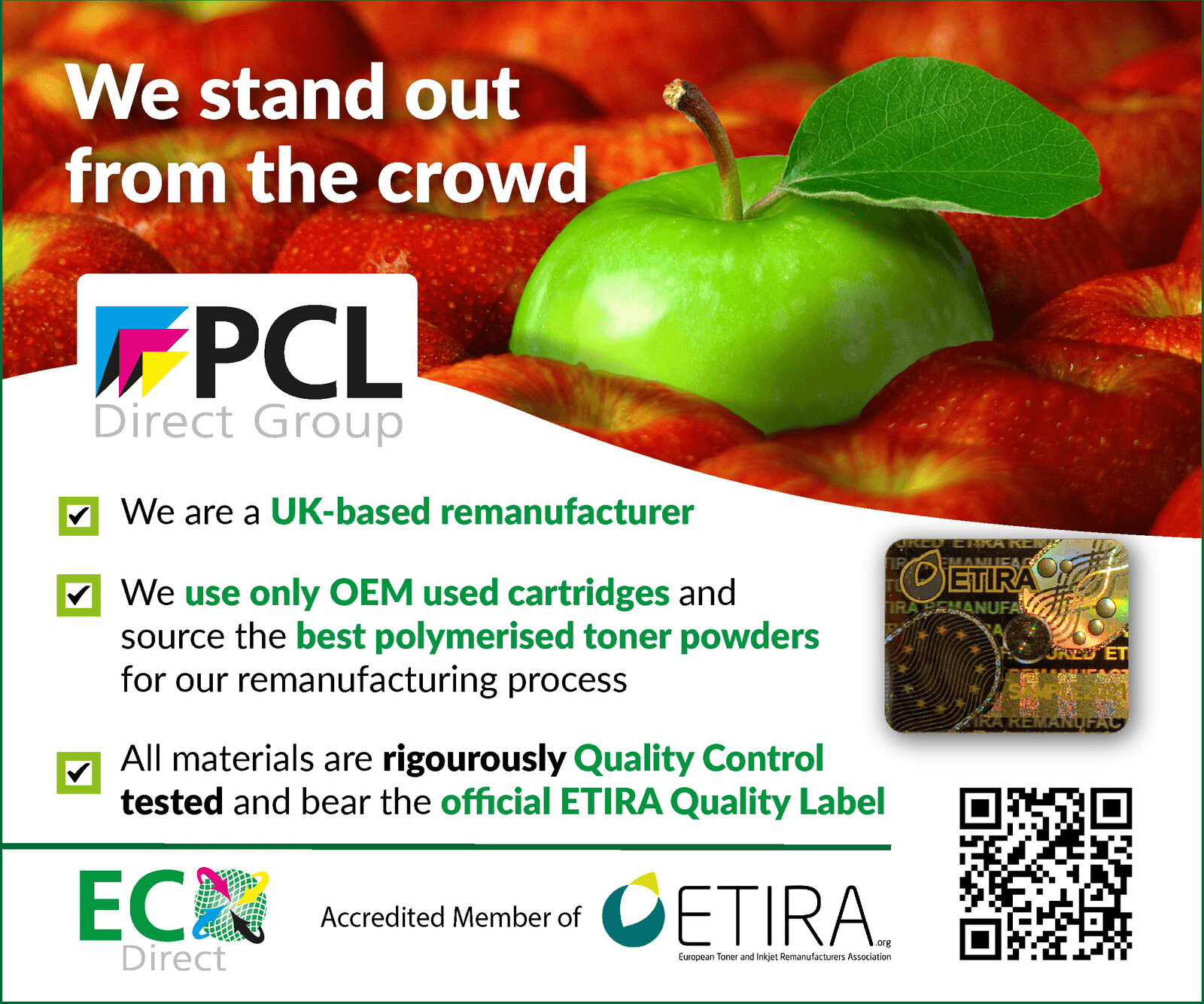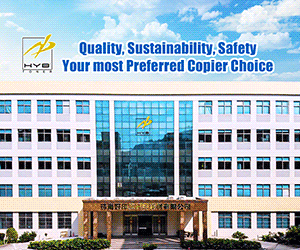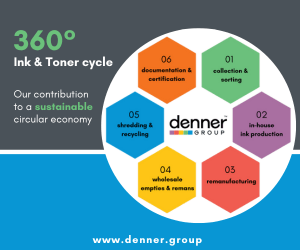EU VAT: New rules to detect tax fraud and help small businesses
March 12, 2020
 The European Union (EU) has introduced new rules to simplify tax and facilitate the detection of tax fraud in cross-border e-commerce transactions.
The European Union (EU) has introduced new rules to simplify tax and facilitate the detection of tax fraud in cross-border e-commerce transactions.
From 1 January 2021 the EU MOSS scheme is being extended and special provisions concerning the obligations of electronic interfaces will enter into force on 1 January 2021 as IT systems need to be adapted or developed.
Businesses operating electronic interfaces such as marketplaces (Amazon etc) or platforms will, in certain situations, be deemed for VAT purposes to be the supplier of goods sold to customers in the EU by companies using the marketplace or platform and they will have to collect and pay the VAT on these sales.
The EU scheme for intra-EU supplies of telecoms, broadcast and electronic (TBE) services will be extended to all types of B2C services as well as to intra-EU distance sales of goods and certain domestic supplies facilitated by electronic interfaces.
A new import scheme will be created covering distance sales of goods imported from third countries or territories to customers in the EU up to a value of €150 ($168.38).
Currently, the price of all goods shipped between EU member states is inclusive of value-added tax (VAT). This ensures that a proper amount of tax. This is not true for goods shipped from outside the EU.
All incoming packages entering the EU and valued above €22 ($24.69) must go through customs where VAT and processing fees are charged. Under the new import scheme is used, the seller will charge and collect the VAT at the point of sale to EU customers and declare and pay that VAT globally to the relevant Member State. These goods will then benefit from a VAT exemption upon importation and a speedy release by customs.
The introduction of the new import scheme will see the abolition of the current VAT exemption for goods in small consignment of a value of up to €22 ($24.69) which often led to the underestimation of the value of goods, so that their price does not exceed the limit of €22 ($24.69), and avoided the payment of taxes. This is also in line with the commitment to apply the destination principle for VAT.
Where the import OSS is not used, a second simplification mechanism will be available for imports. Import VAT will be collected from customers by the customs declarant (e.g. postal operator, courier firm, customs agents) which will pay it to the customs authorities via a monthly payment.
From the 1 January 2024 EU member states will collect the transaction records electronically available by payment service providers, such as banks. A new central electronic system will be set up for the storage of the payment information and for the further processing of this information by national anti-fraud officials.
Payment service providers will be required to keep records of cross-border payments related to e-commerce. This data will then be made available to national tax authorities under strict conditions, including those related to data protection.
These changes complement the VAT regulatory framework for e-commerce coming into force in January 2021 which introduced new VAT obligations for online marketplaces.
Reducing the administrative burden and compliance costs for small enterprises will see changes to help small enterprises grow and trade across borders more efficiently.
The cost of compliance is proportionately higher for small enterprises than for bigger businesses. The existing VAT system foresees that VAT exemption for small enterprises is only available to domestic players. The new reforms that come into effect on the 1 January 2025 will enable a similar VAT exemption to be applied to small enterprises established in other member states.
The updated rules will reduce VAT compliant costs and encourage voluntary compliance and reduce revenue losses due to non-compliance and VAT fraud.
Small enterprises will be able to qualify for the simplified VAT compliance rules where their annual turnover remains below a threshold set by a Member State concerned, which cannot be higher than €85 000 ($95,400).
Categories : World Focus






